Voice Marketing definition:
Voice Marketing is the strategies and tactics used to reach your target audience through audio content and/or voice-enabled devices powered by AI voice assistants such as Amazon Alexa, Google Assistant, and Apple Siri.
It includes recorded audio content such as podcasts, Flash Briefing, and all branded audio including sonic logos, audio marks, and IVR phone systems. An evolution of search engine optimization (SEO), voice search optimization (VSO) is an important aspect of Voice Marketing wherein brands, products, and services optimize content to be found through spoken searches.
Why does voice matter for marketing?
We are leaving the Tap, Type, and Swipe era and entering the VoiceFirst era, where computing shifts from physical interactions on handheld devices and keyboards to natural speech.
Stats about Voice Search and Mobile:
Currently, 41% of adults use voice search at least once per day.
30% of searches will be screenless by 2020 (Gartner). Thanks to the growing popularity of hearables and voice devices like Apple AirPods, Echo Buds, Google Home, and Amazon Echo, voice-first interactions will become ubiquitous. (Listen to our podcast with hearables expert Dave Kemp.)
Half of smartphone users engage with voice technology on their device (comScore).
The total voice searching user base among U.S. adults is 42.7% (Voicebot, 2019).
Voice marketing is the strategies and tactics marketers use to reach their audience through AI voice assistants such as Amazon Alexa, often on smart speakers like the Amazon Echo.
Improvements in speech recognition technology have thrust voice search to the forefront of search marketing.
With speech recognition by AI voice assistants at 95%, on par with human speech recognition, NLP (Natural Language Processing) has advanced to the point where people are getting more tasks done through voice. This will only become more common because humans avoid friction in all tasks. Voice is the ultimate convenient mode of interaction, and it can be accessible to people of all ages, backgrounds, and abilities.
Alexa Flash Briefing:
Watch Emily’s video about Alexa Flash Briefing - a great way to get started with voice marketing with a mini podcast (a briefcast) on smart speakers:
Voice Technology Becomes Mainstream:
Voice controlled technology has officially moved out of the early-adopter phase and into the mainstream. Apple's Siri, Amazon Alexa, and Google Assistant have become household names in a few short years, with Amazon Echo as the first mass market smart speaker that went on sale in 2014 with the first generation Echo.
As voice assistants continue to gain traction on smartphones and smart speakers, users will interact through voice more and more, with attention shifting to this medium. Voice will become the new battleground for user attention and it will be a top place to get information, place orders and shop, and consume content.
Marketing Implications - From Screens to Voice:
Attention is moving off screens and to voice. Much like we moved from desktop to smartphones and had to update our strategies and websites to be mobile, we need to think about voice the same way. But for the first time ever, we will not be computing in computerese (typing, text, and the language and interface of the machines). Voice is a unique departure and a true paradigm shift unlike anything before.
You are probably wondering what the return will be on tactics involving voice marketing. These tactics might include building a custom Alexa skill or a Google Action, launching a podcast or Flash Briefing, or investing in sonic branding. Read more here: What is the ROI of Voice Marketing?
Ask an expert.
30 or 50 minutes with Emily Binder.



